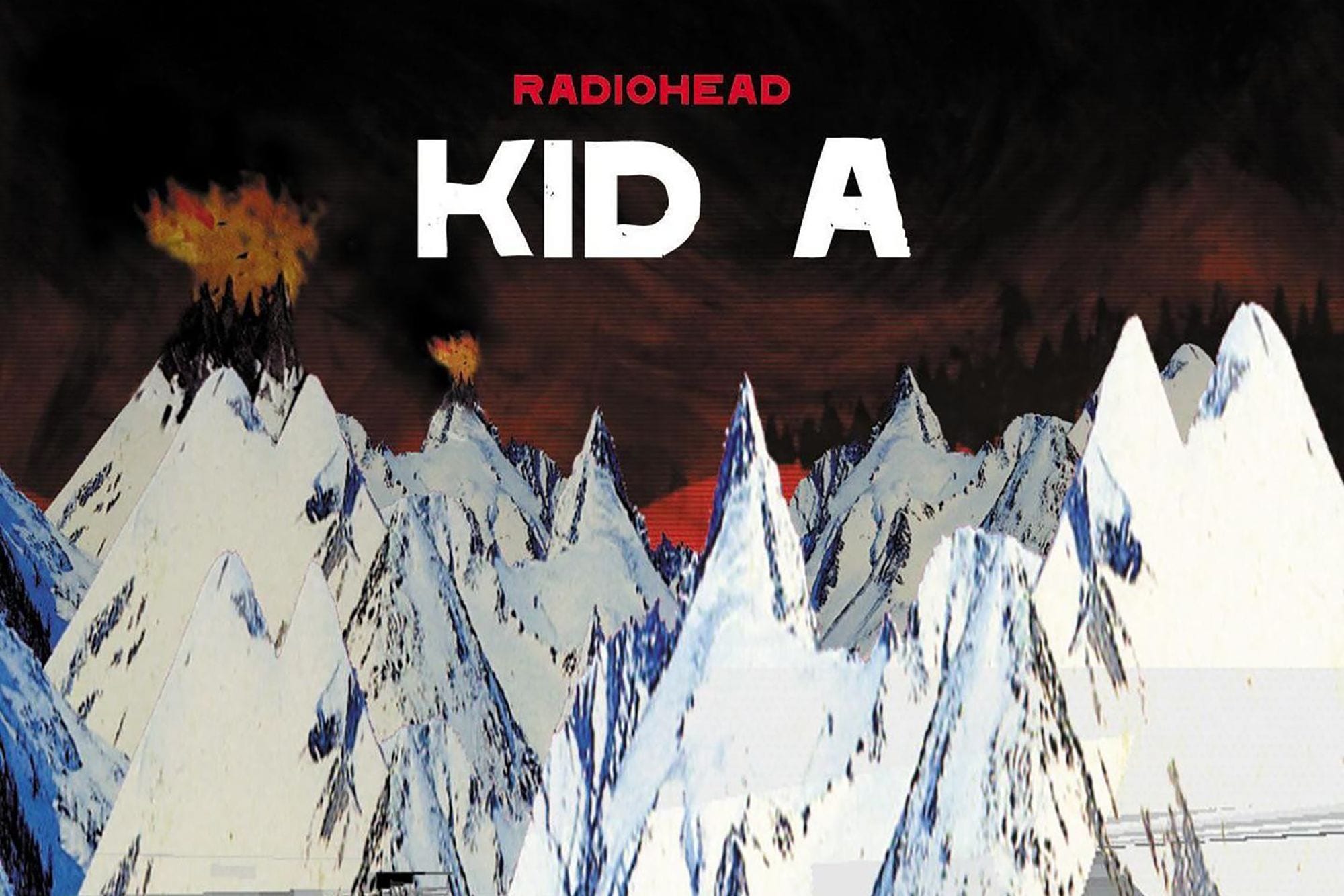
8. “Idioteque”
“Idioteque” is the closest thing Kid A has to a hit single. The band still plays the song at virtually every live performance; the early “blip” ads for the album featured the track prominently, and Radiohead even brought a showstopping version of it to a rare television appearance on Saturday Night Live. If Thom Yorke chose to open Kid A with “Everything in Its Right Place” because he felt that song best captured the new sound of Radiohead in the 21st century, “Idioteque” displays that sound at its most emotionally wrenching and dramatically realized. To describe the track in these terms — those of a hit pop song — is at once completely appropriate and entirely profane.
After all, “Idioteque” does its job as a pop song, with Yorke’s ethereal chorus (“here I’m alive / everything all the time”) offering one of Kid A‘s most immediate and delectable hooks. That driving beat, the clear product of the band’s attention to the Warp Records catalog, sinks its digital claws into the hips and gets them moving. You react to the song’s physicality just as quickly as its infectious melody. In other words, “Idioteque”, like any successful bit of pop music, grabs you instantaneously and viscerally.
Of course, nothing produced by Radiohead since The Bends stops there. “Idioteque” proves to be so much more than Kid A‘s finest moment of pure pop songcraft. It’s been said many times before, but play this song back to back with “Creep” or “High and Dry” or even “Karma Police” and try to pinpoint the trajectory of the band’s creative evolution into the stratosphere while hearing them maintain and hone their pop sensibilities. That forward momentum, peaking here at track eight on Kid A, defies any comparison in contemporary music. Crucially, “Idioteque” shows its compositional and intellectual accomplishments right alongside its pop strengths. You don’t need to strip away the melodic sheen to get to the heart of the song. And why would you want to? They function together perfectly.
Like most things, Radiohead, fans, and critics have already intently documented the compositional process of writing “Idioteque”. Jonny Greenwood found inspiration in a sample of electronica pioneer Paul Lanksy’s “Mild und Leise“, leading him and Yorke to construct the song around that sample’s chord progression. The band members often spoke of feeling disoriented during Kid A‘s recording, having to switch instruments, or not play anything at all. “Idioteque” shows those creative risks crystallizing into something staggeringly effective. The syncopated, polyrhythmic beat that anchors the song is sterile in its relentless efficiency, but Phil Selway’s live percussion had to be sacrificed to achieve that sensation. Indeed, the programmed drumming’s dryness proves a flawless counterpoint to the somehow warm, organic tones of Greenwood’s synths. These elements combine to create a remarkably lush electronic soundscape, every note of which becomes percussive to varying degrees of violence. The texture is alien, and we are drawn to it due to its subtle unfamiliarity.
Yorke, too, pushes himself to new heights. His patchwork lyrical method shows itself in full display here, the pulled-from-a-hat phrases strung together into a teeth-clenching barrage of dystopian images. “Who’s in a bunker?” he asks at the song’s opening, and balances this tried-and-true symbol of modern paranoia with later references to “mobiles quirking / mobiles chirping”. He’s building an imagistic portrayal of a society besieged by the sterility of technology, and he’s doing it above the backdrop of his band’s embrace of those very inorganic and digitally-minded methods. If it’s a post-modern comment, it’s one still imbued with potent emotion. His vocal performance shows his powerful register, and the recording lets us hear the very human flaws and strains in his voice. He’s floating in the atmosphere of “Idioteque’s” desperate digital wasteland, and we cling to his sense of humanity just as we feel pulled downward toward the song’s seething, smoldering core. — Corey Beasley

